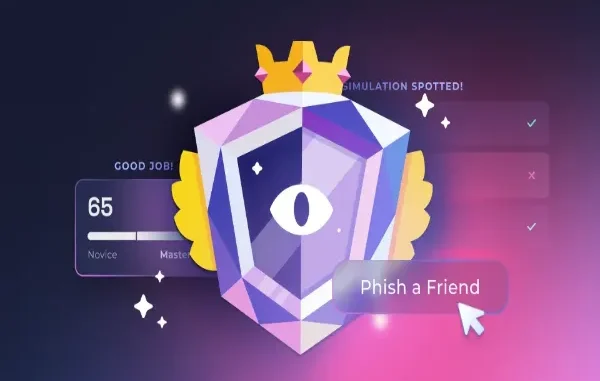
If you’ve ever seen someone throw half their paycheck into a meme stock because a Reddit thread said “diamond hands,” you know how easy it is to make impulsive decisions online. There’s no awkward conversation with a bank teller, no paperwork, no second-guessing, just a few taps and you’re in.
The internet makes risky choices feel casual. Almost harmless. And that’s the problem. The line between fun and fallout gets blurry fast when the stakes are hidden behind a screen.
So why do digital spaces make us bolder than we’d be face to face? And why do we keep rolling the dice, even after we’ve been burned?
Risk Without the Sweat
Taking risks online is nothing new. But the difference today is scale and friction… or more accurately, the lack of it.
In the past, making a risky financial move meant calling a broker, reading a prospectus, or at the very least getting out of your pajamas. Now? You can invest in a volatile crypto coin while standing in line for coffee. Platforms are designed to remove hesitation. The “Buy” button is green for a reason: it screams go.
When it comes to behavior, this ease of entry creates a kind of artificial confidence. You’re not handing over cash in a smoky casino or shouting across a trading floor. You’re clicking. Swiping. Laughing at memes while your balance dips into the red.
The Meme Stock Mania Effect
Remember GameStop? AMC? The stonks heard round the world?
Meme stocks showed us that finance could be social, chaotic, and oddly fun. Forums like r/WallStreetBets became ground zero for collective risk-taking. People were betting big, not because of financial models, but because some stranger with a rocket emoji in their username said so.
There was this rush, part community, part chaos, and a lot of YOLO, that made the stakes feel low, even when they weren’t. And that feeling is spreading into other digital spaces faster than a viral TikTok.
The Rise of Risk in Gaming
Gaming isn’t just about winning anymore. It’s about how you win – and sometimes, what you’re willing to risk.
Take esports betting. With the global esports scene booming in 2025 (Valorant and Counter-Strike matches regularly draw millions of viewers), placing a small bet on a match has become part of the fan experience. It’s no longer just watching – it’s participating. Betting a few bucks on your favorite team’s clutch moment? Feels harmless. Feels fun. Feels… just risky enough to get your heart pumping.
But it goes even deeper.
Skins, Status, and Case Battles
Let’s talk CSGO gambling for a second.
In Counter-Strike, players collect skins – cosmetic upgrades for weapons that don’t affect gameplay but definitely affect swagger. Some of these skins are worth real money. We’re talking hundreds or even thousands of dollars for a single digital item.
Enter the CSGO gambling scene. Instead of trading or holding onto skins, some players toss them into third-party platforms for a chance to win rarer ones. It’s like digital roulette, but your chips are custom-painted AK-47s. No money exchanged upfront. Just your inventory. Which makes it feel less like gambling… until it isn’t.
This kind of “low-barrier, high-reward” environment is everywhere now. You’re not betting cash: you’re betting collectibles, time, attention, or loyalty points. And that tweak in framing changes how we justify risk.
Why It Hits Hard Anyway
The psychology here isn’t complicated. Risk triggers adrenaline. Wins trigger dopamine. Losses trigger shame, and often, denial.
Because these platforms feel like games, not high-stakes financial tools, we trick ourselves into believing we’re immune to the fallout. But ask anyone who’s rage-sold a meme coin or lost a prized skin in a case battle: they’ll tell you that digital risk cuts just as deep as real-world regret.
The Fine Line Between Fun and Fallout
So what do we do with all this?
We don’t stop playing. We don’t stop scrolling. But maybe we start noticing when we’re leaning a little too far over the edge. Digital dares are easy to take, but recovery? That’s still very real.
There’s a lot of cool innovation out there – provably fair systems, blockchain audits, skin trading economies – that’s helping people play smarter. But the safest bet is always knowing when you’re no longer just playing.
Risk can be fun. But it’s still risk.
Leave a Reply